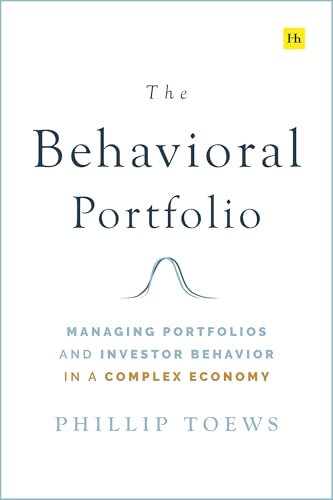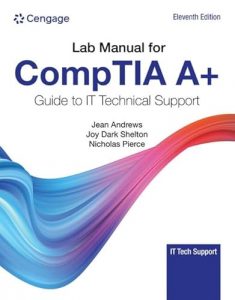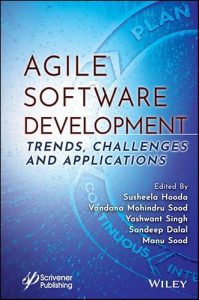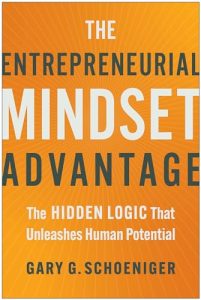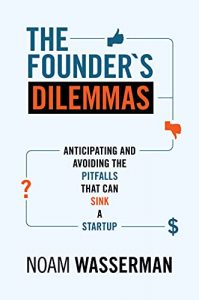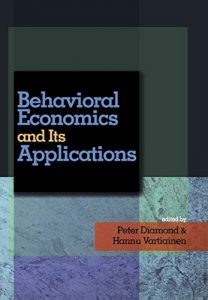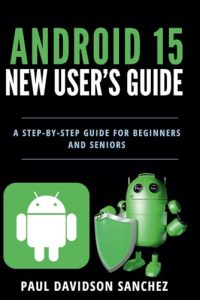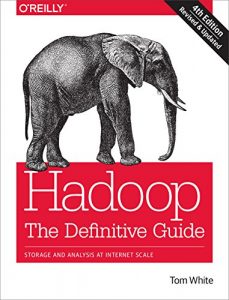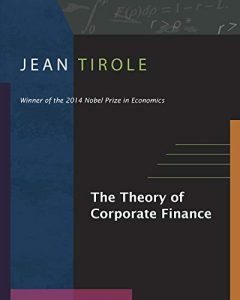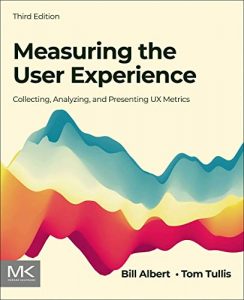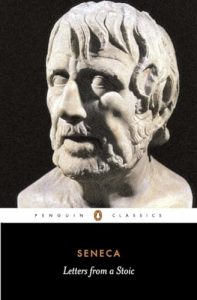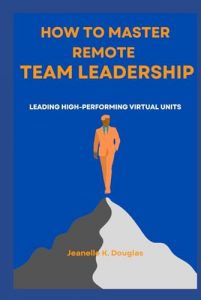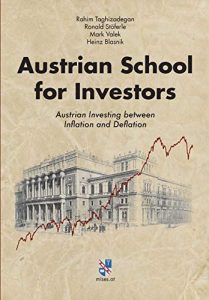The Behavioral Portfolio: Managing Portfolios and Investor Behavior in a Complex Economy
Are you navigating the complexities of portfolio management? Look no further than “The Behavioral Portfolio” by Phillip Toews. This book offers a profound understanding and application of behavioral finance principles, adeptly blending psychological insights with investment strategies. With the market driven by human emotions and biases, Toews equips readers with the tools needed to create resilient investment portfolios that cater to psychological behaviors. Published on March 25, 2025, this book is essential for anyone serious about mastering the art of investment in today’s intricate economy.

The Velvet Rope Economy: How Inequality Became Big Business
Nelson D. Schwartz’s “The Velvet Rope Economy” dissects the phenomenon of economic inequality and its implications on commerce. This engaging exploration shows how businesses have adapted to cater to various economic strata by creating exclusive experiences, effectively monetizing inequality. Schwartz’s incisive analysis demonstrates how the growing divide has become a lucrative business model. Released on February 9, 2021, this book stands out as a compelling read for those interested in economics, sociology, and consumer behavior.

Microeconomics: Behavior, Institutions, and Evolution
Samuel Bowles’ “Microeconomics: Behavior, Institutions, and Evolution” stands as a keystone text in the field of behavioral economics. This comprehensive volume presented a fresh perspective by integrating behavioral insights into microeconomic models. It captures how institutions shape economic interactions and individual behaviors, offering theoretical frameworks alongside real-world applications. Since its publication in February 2006, it has continually informed educators, students, and policymakers alike, marking it as a crucial read for modern economists.

Learning Behavioral Economy: edition 2
John Lok’s second edition of “Learning Behavioral Economy” is a unique blend of academic rigor and digestible insights. This book demystifies complex behavioral economics concepts, making them accessible for both students and casual readers. Lok’s engaging style, coupled with relevant examples, encourages readers to rethink traditional economic theories while embracing the profound influence of human psychology on economic decisions. Released on April 20, 2022, it is an invaluable resource for those keen on understanding the driving factors behind economic behavior.

Good Ethics and Bad Choices: The Relevance of Behavioral Economics for Medical Ethics
Jennifer S. Blumenthal-Barby’s “Good Ethics and Bad Choices” connects the intricate dots between behavioral economics and medical ethics. This book addresses the critical impact of human behavior on ethical decision-making within healthcare contexts, exploring how biases influence patient choices and policy-making. In a world where ethics often clash with economic incentives, this book is crucial for healthcare professionals and policymakers. Published on August 3, 2021, it provides significant insights into understanding and improving medical ethics.

Economic Lives: How Culture Shapes the Economy
Viviana A. Zelizer’s “Economic Lives” dives deep into how cultural norms and values shape economic behaviors. A fascinating read, this book challenges the conventional understanding of the economy by displaying how social relationships redefine economic transactions. Zelizer provides vivid examples, making a case for the importance of considering cultural factors when analyzing economic phenomena. Since its release in March 2013, this book has become a critical reference for sociologists and economists alike.

The Thank You Economy
In “The Thank You Economy,” Gary Vaynerchuk explores the transformative power of gratitude in business. Vaynerchuk delves into how companies that foster genuine relationships with their customers can thrive in an increasingly competitive landscape. By intertwining personal anecdotes and case studies, Vaynerchuk illustrates how the economy has evolved from product-centric to relationship-driven approaches. Published on March 8, 2011, this book is vital for entrepreneurs seeking to understand the importance of customer engagement in the digital age.

The Support Economy: Why Corporations Are Failing Individuals and the Next Episode of Capitalism
Shoshana Zuboff and James Maxmin present a thought-provoking examination of how modern corporations falter in serving individual needs in “The Support Economy.” They challenge the reader to reconsider conventional capitalist norms by highlighting the importance of user-centric models. This book prompts reflection on our economic structures and encourages readers to envision a collaborative economy. Since its publication on January 27, 2004, it has not only influenced academic discourse but also engaged business leaders to rethink their practices.

From Classical Political Economy to Behavioral Economics
Ivan Moscati’s “From Classical Political Economy to Behavioral Economics” provides an enlightening historical perspective on the evolution of economic thought. Moscati carefully maps the transition from classical theories to contemporary behavioral insights, elucidating the intellectual journey that has shaped our current understanding of economics. Bridging gaps between schools of thought, this book serves as a comprehensive guide for scholars and enthusiasts alike. Released in December 2012, it is invaluable for anyone looking to deepen their understanding of economic history.

The Phoenix Economy: Work, Life, and Money in the New Not Normal
Felix Salmon’s “The Phoenix Economy” addresses the transformative shifts in work-life balance, especially post-pandemic. Salmon artfully navigates through the evolving definitions of work and prosperity in what he terms the “New Not Normal”—a world redefined by unusual challenges and opportunities. Offering fresh perspectives on effectively managing work, life, and money, this book resonates deeply in today’s dynamic landscape. Published in May 2023, it is a pertinent read for professional and personal growth in uncertain times.


